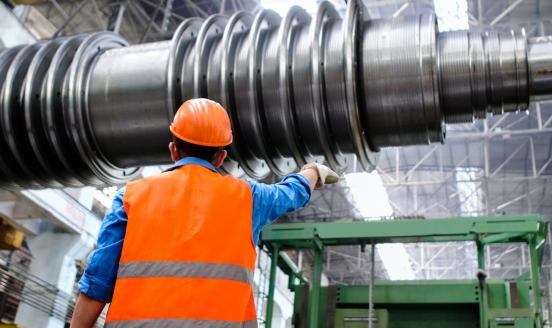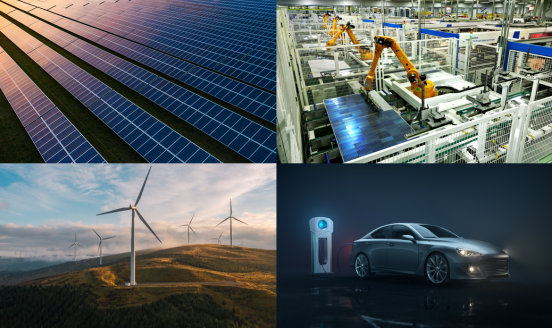Still on the road? Assessing Trump’s threat to European cars
Just how exposed is Europe’s automotive sector to a potential escalation in the EU-US trade war?

The authors are grateful to Maria Demertzis, André Sapir and Guntram Wolff for the useful comments received during the preparation of this note.
After the signing of a decree on March 8 laying out his plan to impose new tariffs on steel (25%) and aluminium (10%), President Trump has further escalated the threat of a trade war with Europe, warning with a typical-style tweet that the US will slap a tax on European cars if the European Union retaliates against the steel and aluminium tariffs.
Two days later, speaking at a Make America Great Again rally in Pennsylvania, Trump further reinforced the warning: “They [the EU] say: ‘We want those tariffs taken off.’ I say: Good. Open up the barriers and get rid of your tariffs and if you don’t do that we’re going to tax Mercedes-Benz. We’re going to tax BMW.”
Given that the automotive sector is an essential component of both the EU's manufacturing system (representing more than 10% of its production value) and its trade (equalling €125 billion in extra-EU exports in 2016), these threats have sparked concerns in Europe generally, and in Germany in particular.
The maximum impact of the tariff [...] would imply a maximum reduction in European export revenue by €17 billion per year.
This note examines the current state of the EU-US trade in cars, to assess the potential implications of eventual US tariffs in the sector.
The US represents the first destination market for European exports of cars. This trade totalled €38 billion in 2016 (Figure 1).
Among European countries, the one most exposed to the US market by far is Germany, whose car exports to the US amounted to €22 billion in 2016 (Figure 2).
Zooming in on the company level, it is possible to show that all European car makers, with the exception of Fiat Chrysler, are highly exposed to potential US tariffs on cars.
Audi, Jaguar Land Rover and Porsche have no assembly factories in the US, and therefore all their cars sold in the country are imported. Volvo produces 15 models out of 16 outside the US, Volkswagen 19 out of 22, Mercedes-Benz 16 out of 20, BMW 19 out of 28.
In January 2017, then-President-elect Trump hinted at his intention to impose a tariff of 35% on cars imported to the US. Figure 4 shows the hypothetical impact on the price and demand of European exported cars to the US if such a tariff were implemented. The maximum impact of the tariff would correspond to a price increase of 35% of European car exports. Assuming a price elasticity of demand of -1.3, this would correspond to a maximum decrease in the US demand for European cars by 516,000. This would imply a maximum reduction in European export revenue by €17 billion per year. In reality, though, the tariff’s impact would likely be lower. This is because the US represents a large market for European car exports, which means that European suppliers would decrease their total production in response to the lower demand from the US. The lower demand could reduce the price of their exports to the US, thus partially mitigating the impact of the tariff. However, even if the tariff ultimately only increases the price of European car exports by, for instance, one third of the tariff, the reduction in European export revenues would still exceed €5 billion.
The effect of an additional, potential, US tariff on imported cars could therefore significantly affect the European car industry. Of course, it should be outlined that imposing this tariff would imply the opening of a full-fledged trade war by the US. The national security issue used by Trump to justify the steel and aluminium tariffs would indeed not be workable in the case of cars, openly pushing the matter out of the realm of international trade rules.



